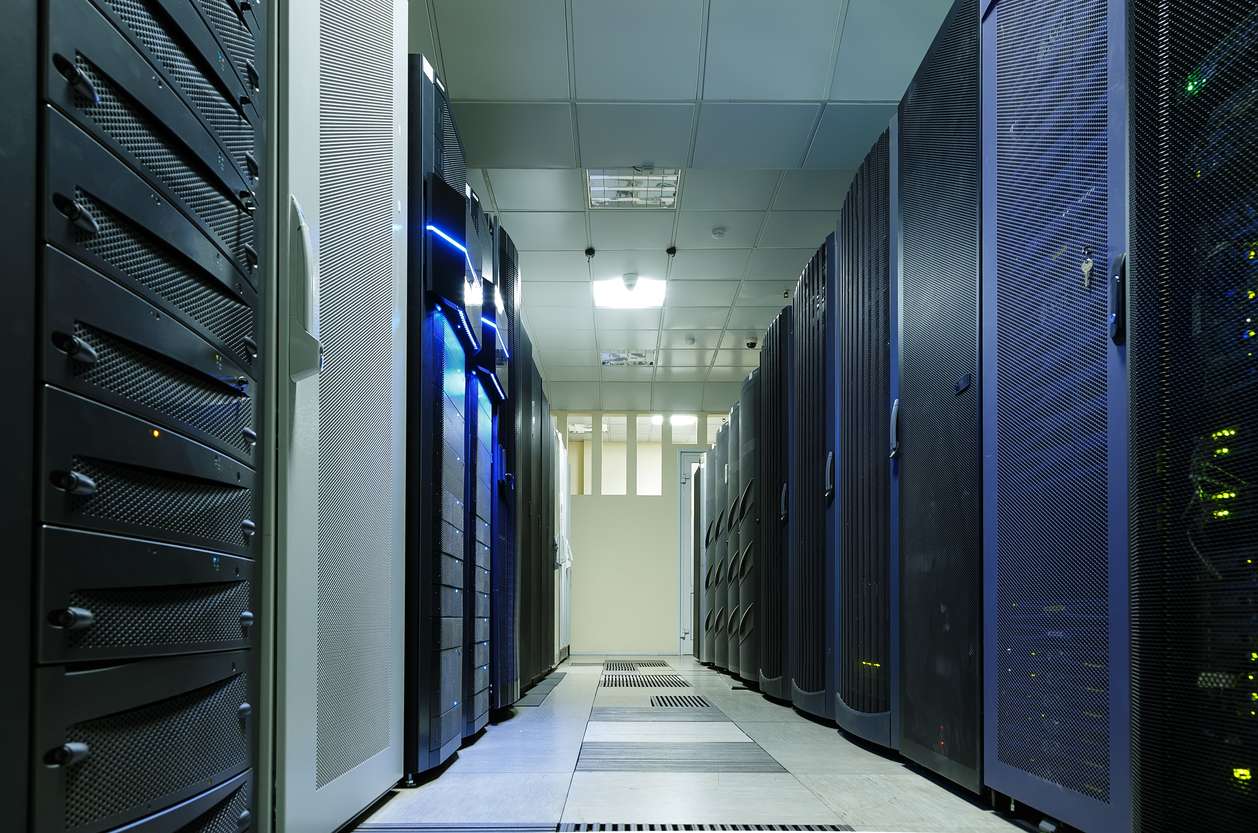An Updated Overview of the 4 Tiers in Data Center Classification:
Modern companies rely on their data centers.
Without adequate performance from a tier in data center, a business could lose sales, suffer crippling downtime, and even succumb to damaging security breaches.
Since 1987, the Uptime Institute has acted as an unbiased proponent of the enterprise data center industry.
As part of the Uptime Institute’s efforts to help operators quality and quantity predictable tiers or levels of data center performance, the Uptime team developed a classification system divided into 4 basic tiers.
While the Uptime Institute discontinued their data center tier certification program based only on design in 2015, the 4 data center tiers for completed and inspected facilities still act as an important benchmark within the industry to this day.
The following information will provide an updated overview of the operational standards and performance capabilities associated with each tier.
Tier 1 Data Center
A tier 1 data center is often little more than a powered warehouse. Since tier 1 data center facilities tend to be unsophisticated, small businesses with tight budget constraints are usually the most suitable users for these centers.
The requirements for a data center to be Tier 1-certified by the Uptime Institute include:
- 99.671% uptime (e.g., guaranteed availability)
- No more than 28.8 hours of downtime per year
- No system redundancy is required
If you are planning to pursue a Tier 1 data center solution, then you should ensure that the facility’s management has clear physical security protocols in place, and that the actual building housing your server is well-maintained and free of excessive humidity or temperature extremes (which could damage the hardware).
Tiers in Data Center – 2nd classification
Tier 2 locations are naturally one step forward from tier 1 facilities in terms of performance, capabilities, and redundancies. Certified Tier 2 data centers are required to offer:
- 99.741% uptime
- No more than 22 hours of downtime per year
- Partial redundancy (specifically in heating and cooling)
While tier 2 data centers facilities don’t have a complex infrastructure, they do offer a better balance between cost-effectiveness and performance capability. SMBs that require more uptime than a tier 1 center can provide may decide that any additional costs associated with contracting out for tier 2 services are worth the investment.
Tier 3 Data Center
The leap from tier 2 centers to tier 3 locations is quite a big one.
For instance, tier 3 data centers facilities are only allowed 1.6 hours of downtime per annum, a 20.4 hour difference from tier 2. Tier 3 data centers can also stay operational during most repairs and maintenance projects; in other words, they are mostly “fault-tolerant.”
The requirements for a facility to be certified as a tier 3 location include:
- 99.982% uptime
- No more than 1.6 hours of downtime per year
- N+1 fault tolerance, with 72 hours of outage protection (in other words, tier 3 facilities provide the amount of redundancy required for operation, expressed as n, plus one backup)
One shortcoming of a typical tier 3 solution is that unplanned maintenance may result in some operational downtime. Nevertheless, enterprises that require a high level of uptime at a lower cost than a tier 4 solution will often choose this option.
Tier 4 data centers
Tier 4 data centers are the most robust facilities in the data center classification system.
They are considered totally “fault-tolerant,” and offer unsurpassed uptime guarantees and exceptional redundancy in cooling, power, and infrastructure. Tier 4 certified data centers requirements include:
- 99.995% uptime
- No more than 26.3 minutes of annual downtime
- 2N+1 redundancy (e.g., two times the amount of power/infrastructure needed for operation, plus one backup) with 96 hours of outage protection
For enterprises that must host mission-critical servers, a tier 4 service is the most appropriate solution.
Now you’re able to determine which of the 4 tiers in Data Center you need
Determining which type of data center would be the best fit for your company’s specific needs is an essential element of any data-oriented business plan.
Our team at StrataCore can help guide you to the solution that most closely aligns with your operational requirements, budget, and long-term objectives.
Our friendly data experts can explain all the factors that feed into server colocation pricing, data center migration, data center tiers classifications, and a lot more. Let’s chat: book a meeting with us today.




